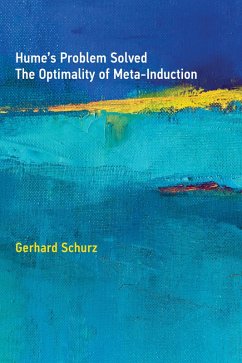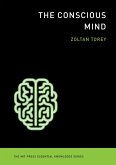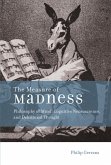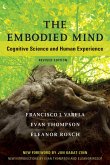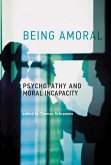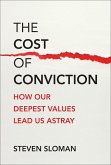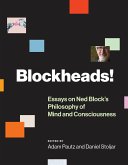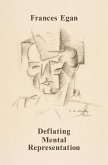Hume's problem of justifying induction has been among epistemology's greatest challenges for centuries. In this book, Gerhard Schurz proposes a new approach to Hume's problem. Acknowledging the force of Hume's arguments against the possibility of a noncircular justification of the reliability of induction, Schurz demonstrates instead the possibility of a noncircular justification of the optimality of induction, or, more precisely, of meta-induction (the application of induction to competing prediction models). Drawing on discoveries in computational learning theory, Schurz demonstrates that a regret-based learning strategy, attractivity-weighted meta-induction, is predictively optimal in all possible worlds among all prediction methods accessible to the epistemic agent. Moreover, the a priori justification of meta-induction generates a noncircular a posteriori justification of object induction. Taken together, these two results provide a noncircular solution to Hume's problem.
Schurz discusses the philosophical debate on the problem of induction, addressing all major attempts at a solution to Hume's problem and describing their shortcomings; presents a series of theorems, accompanied by a description of computer simulations illustrating the content of these theorems (with proofs presented in a mathematical appendix); and defends, refines, and applies core insights regarding the optimality of meta-induction, explaining applications in neighboring disciplines including forecasting sciences, cognitive science, social epistemology, and generalized evolution theory. Finally, Schurz generalizes the method of optimality-based justification to a new strategy of justification in epistemology, arguing that optimality justifications can avoid the problems of justificatory circularity and regress.
Dieser Download kann aus rechtlichen Gründen nur mit Rechnungsadresse in A, B, BG, CY, CZ, D, DK, EW, E, FIN, F, GR, HR, H, IRL, I, LT, L, LR, M, NL, PL, P, R, S, SLO, SK ausgeliefert werden.

